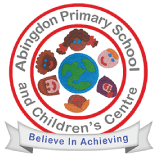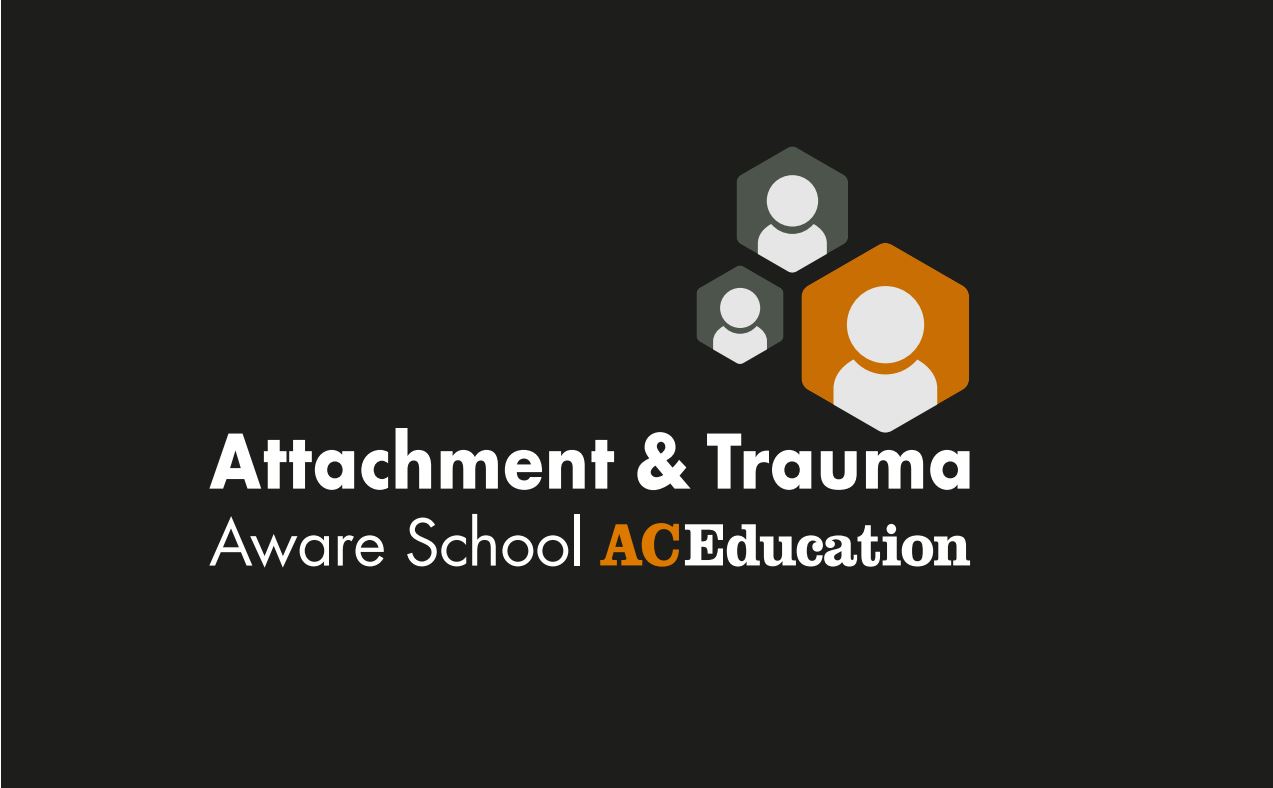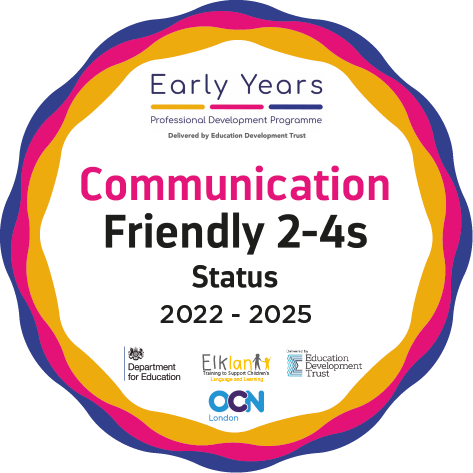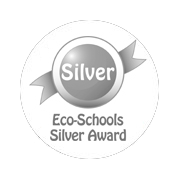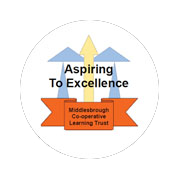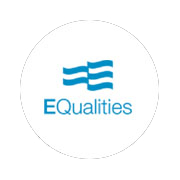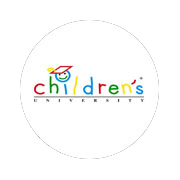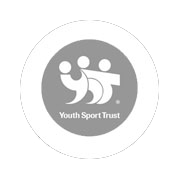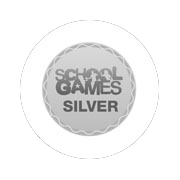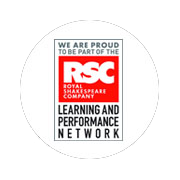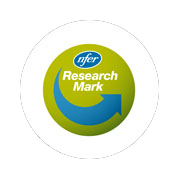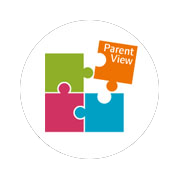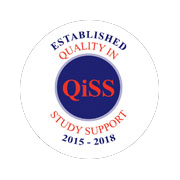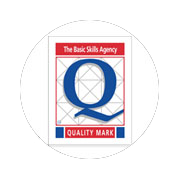Please see the link to the document:
Intent: Why do we teach what we teach?
At Abingdon Primary School and Children’s Centre we place great value on the development of children as individuals and providing them with the skills, knowledge and understanding they need to prepare them for the challenges in Key Stage One and beyond. Our aim in the EYFS is to build strong foundations rooted in developing the whole child so that ultimately our pupils can be happy, healthy and curious learners.
Our curriculum is designed to recognise and build on each child’s own prior learning including their experiences at home and in the wider community. We work in partnership with parents, carers and other agencies to ensure the best possible start so that every child is able to reach their full potential from their various starting points.
Many of our pupils arrive well below national expectations for their age and a high proportion come from disadvantaged backgrounds and with complex needs. We have to teach them how to listen, speak and meet our high expectations for behaviour by being kind to each other and working together. As such, we prioritise Personal, Social and Emotional Development and Communication and Language in the Nursery curriculum. Our enabling environment and warm, skilful adult interactions support the children as they begin to ‘have a go’, become more actively involved in their play and exploration and begin to make connections in their learning. As the pupils move into Reception, we encourage the children to further develop their love of learning by creating opportunities for the children to reflect on their own learning journeys and to recognise what they now know more about, what they can remember and how they have developed skills so that they are able to do more for themselves. We achieve this through the delivery of a holistic curriculum which maximises opportunities for meaningful cross-curricular links and learning experiences as well as promoting the unique child by offering extended periods of play and sustained thinking following children’s interests and ideas. We value the children’s own interests and imaginative play and aim to promote within in our planned indoor and outdoor learning environments.
By the end of the Reception year, our intent is to ensure that all children make at least good progress from their various starting points and are equipped with the skills and knowledge for a smooth transition into Year 1.
Implementation: How do we teach what we teach?
Each half term, EYFS staff introduce a new theme to provide inspiration for learning, whilst providing the flexibility for children to follow their own interests and ideas. Children learn through a balance of child-initiated and adult-directed activities. The timetable is carefully structured so that children have directed teaching during the day. These sessions are followed by small focused group work. This means the teacher can systematically check for understanding, identify and respond to misconceptions quickly and provide ‘in the moment’ feedback which results in a strong impact on the acquisition of new learning. The timetable changes throughout the year to take into consideration the changing needs of the children.
Children are provided with plenty of time to engage in ‘exploration’ throughout the variety of experiences carefully planned to engage and challenge them in the provision. The curriculum is planned for the inside and outside learning environments and equal importance is given to learning in both of these areas.
English / Literacy
Reading is at the centre of our curriculum and our aim is to encourage a love of reading right from the start. In both Nursery and Reception, we select six high quality children’s texts each half term. The aim is to expose children to a range of books that not only develop a love of reading, but have been chosen specifically to develop their communication skills, vocabulary and comprehension. These six books will be embedded in our provision through activities, story sessions and on display for children to access independently. Through this, children begin to internalise new vocabulary, language patterns and gradually begin to retell stories.
Phonics
We follow the Sounds-Write quality first phonics programme to ensure a consistent approach to teach reading, spelling and writing across school. In Nursery we concentrate on developing the children’s speaking and listening skills which lays the foundations for the phonic work which starts in Reception. The emphasis during Nursery is to get children attuned to the sounds around them and ready to begin developing oral blending and segmenting skills.
In Reception the Sounds-Write Initial Code is taught to all children. Children learn how to segment, blend and manipulate sounds beginning with CVC words, progressively developing their phonic knowledge and skills so that they are able to read and write CCCVC words. In the Summer term children move on to learning spellings with two different letters e.g. sh in preparation for Y1.
Children are encouraged to read at home and are listened to regularly in school. They are given books that match their phonic knowledge in order for them to apply their learning with the aim of becoming successful, confident and fluent readers.
Mathematics
In Nursery, children develop a love of maths through games, songs, rhymes, and play using concrete manipulatives. There is a focus on the following counting principles: one to one correspondence, stable order and cardinal principle. Children’s fine manipulative skills are a focus to develop 1-1 correspondence so children count each object only once. In Reception, we follow the White Rose Maths Scheme of work. High quality learning environments and meaningful interactions with adults, support children in developing mathematical thinking and discussion. Pupils learn through games and tasks using concrete manipulatives and pictorial representations which are then practiced, applied and recorded within their own child-led learning. Children in Reception have daily direct maths teaching to develop fluency, revisit key concepts and address misconceptions.
Wider Curriculum
Our wider curriculum is planned in a cross curricula way to enable all aspects of the children’s development including Understanding the World and Expressive Art and Design. Building further on our communication focus, new topic related vocabulary is planned, displayed and modelled by adults to encourage children to use more, know more and remember more subject specific vocabulary and terminology across the foundation subjects. “I wonder…” style questions are also planned in a progressive way starting with what, where and why in Nursery and moving on to why, when and how in Reception. This consistent approach supports all children to be able to answer questions and think of their own questions to research.
Our inclusive approach means that all children learn together, but we do have a range of additional intervention and support for children who may face barriers to their learning or are showing a greater depth of understanding and need further challenge. This includes, for example, sessions for developing speech and language, social skills, fine motor skills, phonics, and mathematics.
Impact: How do we know what pupils have learned and how well they have learned it?
Baseline:
Prior to children starting, staff spend time speaking to the child’s parents/carers, any previous setting and agencies to gain an understanding of the whole child and where they are at. During the first half term in Nursery or Reception, all staff use ongoing assessments, observations and conversations with the child to develop a baseline assessment. This identifies each individual’s starting points in all areas so we can plan experiences to ensure progress. The following baseline assessments are also carried out.
The Statutory Reception Baseline Assessment (RBA)
This assessment focuses on ‘Language, Communication and Literacy,’ and ‘Mathematics.’ The purpose of this is to show the progress children make from Reception until the end of KS2.
Communication Counts
Practitioners carry out focused Communication and Language baseline profiles in both Nursery and Reception to ensure that every child’s communication and language needs can be targeted using the most appropriate approach. All practitioners have had relevant CPD in the ELKLAN Communication Counts training to ensure that they are knowledgeable and skilled in supporting children’s language acquisition.
Ongoing Observation:
All ongoing observations are used to inform weekly planning and identify children’s next steps. This formative assessment does not involve prolonged periods of time away from the children and excessive paper work. Practitioners draw on their knowledge of the child and their own expert professional judgements through discussions with other practitioners, photographs and physical examples such as a child’s drawing / making. Some observations are uploaded using Class Dojo and shared with parents and carers. In Nursery some examples are kept in individual files. In the Reception children’s learning journey are kept in two individual work books.
Assessment:
Phonic assessments are carried out using phonics Tracker every half term to quickly identify pupils that are not making expected progress. Our aim is for children to ‘keep up’ rather than ‘catch up’ where possible.
Assessments are completed three times per year and shared with parents, whereby the Class Teacher updates the progress children have made.
In Summer Term 2, the EYFSP is completed where teacher judge whether the child has met each of the 17 ELG’s. They will be assessed as either ‘emerging’ or ‘expected.’ Whilst there is no judgement to state if a child is exceeding beyond an ELG, teachers, have a duty to provide a narrative for both parents and the Year 1 teacher.
Impact is also evident through our successful transitions into Year 1. EYFS staff have a good understanding of how ELG’s link to the National Curriculum.
Links with other policies
This policy links with the following policies and procedures:
- Teaching and Learning policy
- Behaviour policy
- Curriculum policy
- SEN/SEND policy and information report
- Marking and feedback policy
- Home-school agreement
- Assessment policy
- Equality information and objectives


